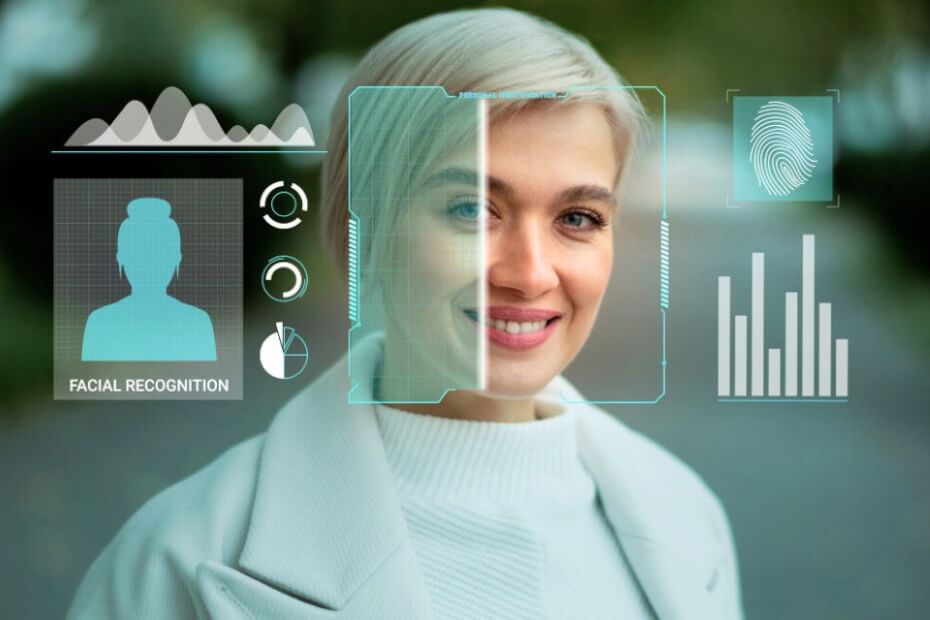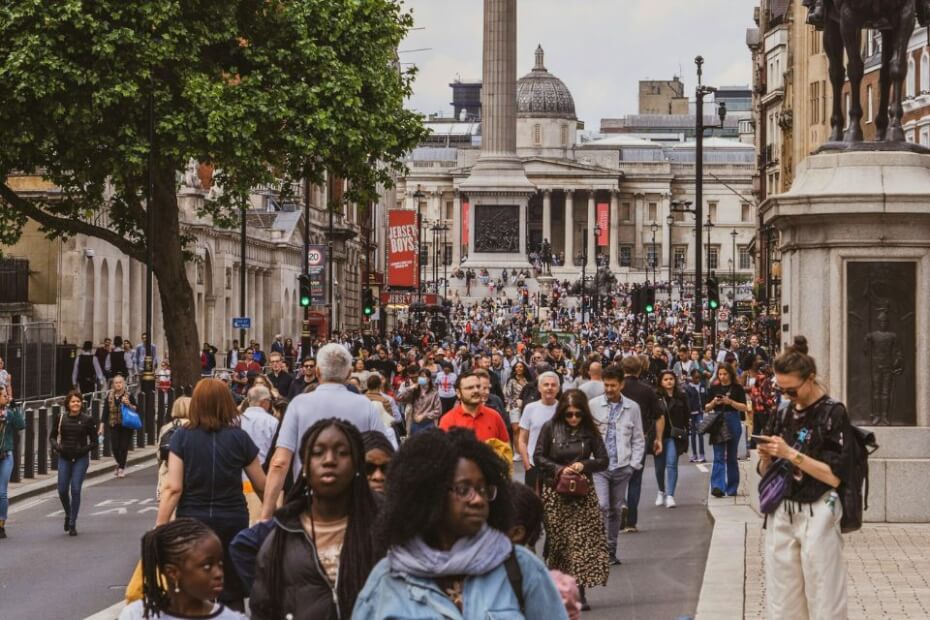
The United Kingdom (UK) government has rejected former Prime Minister Tony Blair’s proposal to use ID cards to manage immigration.
The decision comes despite the country’s population increasing rapidly due to people moving to the UK from other countries.
Tony Blair, who was UK Prime Minister from 1997 to 2007, suggested using digital ID cards to track who is legally in the country.
In his opinion piece published by The Times, he said using digital ID technology could help control immigration.
“We need a plan to control immigration. If we don’t have rules, we get prejudices,” Blair wrote.
The former Number 10 believes digital UK ID cards would help authorities know exactly who has the right to be in the country.
He argued that adopting modern technology is necessary to handle immigration challenges effectively.
His idea aims to prevent illegal immigration and ensure public services are not overused.
Labor government rejected ID cards
Despite Blair’s suggestion, the current Labour government rejected the idea of digital UK ID cards.
Jonathan Reynolds, the Business Secretary, confirmed that ID cards are not Labour’s policy.
“I can rule out ID cards for you. That’s not something which is part of our plans,” he said on Times Radio, as reported by The Telegraph.
Identity cards have sparked worries about their possible effects on civil liberties and personal freedoms.
It has also raised concerns over the state collecting too much personal information from its people.
The last Labour government issued the first ID cards to UK citizens, handing out some 15,000 cards.
A coalition government canceled the program in 2011 and destroyed its database.
About 200,000 compulsory ID cards were given to foreign nationals, later rebranded as biometric residence permits (BRP).
Currently, the Home Office is replacing BRPs and other physical representations of one’s UK immigration status with eVisas.
eVisas are digital online records of foreign nationals’ right to live and work in the UK.
This is part of the British government’s plan to have an all-digital immigration system by 2025.
Controlling immigration without ID cards

While rejecting digital UK ID cards, the Labour government has said it is committed to controlling immigration in other ways.
One key method is the points-based immigration system that assesses migrants based on their skills and the needs of the UK economy.
Applicants are judged based on criteria such as education, work experience, and English proficiency.
This system aims to ensure that only those who can fill important job roles can move to the UK.
Reynolds added that the government has made tough decisions to reduce the number of people coming to the UK legally.
This year, the government rolled out significant policy changes on three key visa routes: the Skilled Worker visa, Health and Care Worker visa, and Student visa.
In addition to replacing BRPs with eVisas, the government has launched a new digital travel permit for non-visa nationals.
The UK Electronic Travel Authorization (ETA) aims to enhance border security by pre-screening individuals before they arrive in the UK.
It is part of the program’s move to a fully digital immigration system and introduce stricter border controls.
The government has also increased funding for immigration enforcement.
One of the first acts of the new Labour government is to scrap the Rwanda deportation plan.
Instead, Home Secretary Yvette Copper launched the new Border Security Command (BSC) to tackle organized immigration crime.
The BSC aims to prevent illegal entry and reduce the number of undocumented migrants in the UK.
“We’ll be tough on crime, we’ll be tough on the causes of crime,” Reynolds said as part of the government plans.
The government is also working on better cooperation with other countries to manage migration flows more effectively.
Immigration behind growing UK population

Amidst the debate on immigration control, the UK’s population is growing, and immigration is a big part of this growth, reports The Standard.
Recent statistics show that the population has increased significantly, with a large number of people moving to the UK from other countries.
Data from the Office for National Statistics (ONS) revealed that England and Wales’ population rose by 610,000 during the year ending mid-2023.
This gives England and Wales a total population of 60.9 million.
It has grown at its fastest annual rate in 75 years, with over one million people arriving from overseas in the past 12 months.
According to the ONS, migration was the main reason for the population surge.
There have been 1.084 million arrivals from abroad, counterbalanced by the departure of only 462,000 in the opposite direction.
This results in a net migration of 622,000 individuals.
ONS data also showed that the UK population grew by about 400,000 last year, with over 70 percent of this increase due to immigration
The surge has strained housing, healthcare, and public services, prompting the government to consider new management approaches.
The debate over digital UK ID cards shows the challenges of managing immigration and population growth in the UK.
As the UK continues to deal with its growing population, everyone will be watching to see how well these strategies work.

